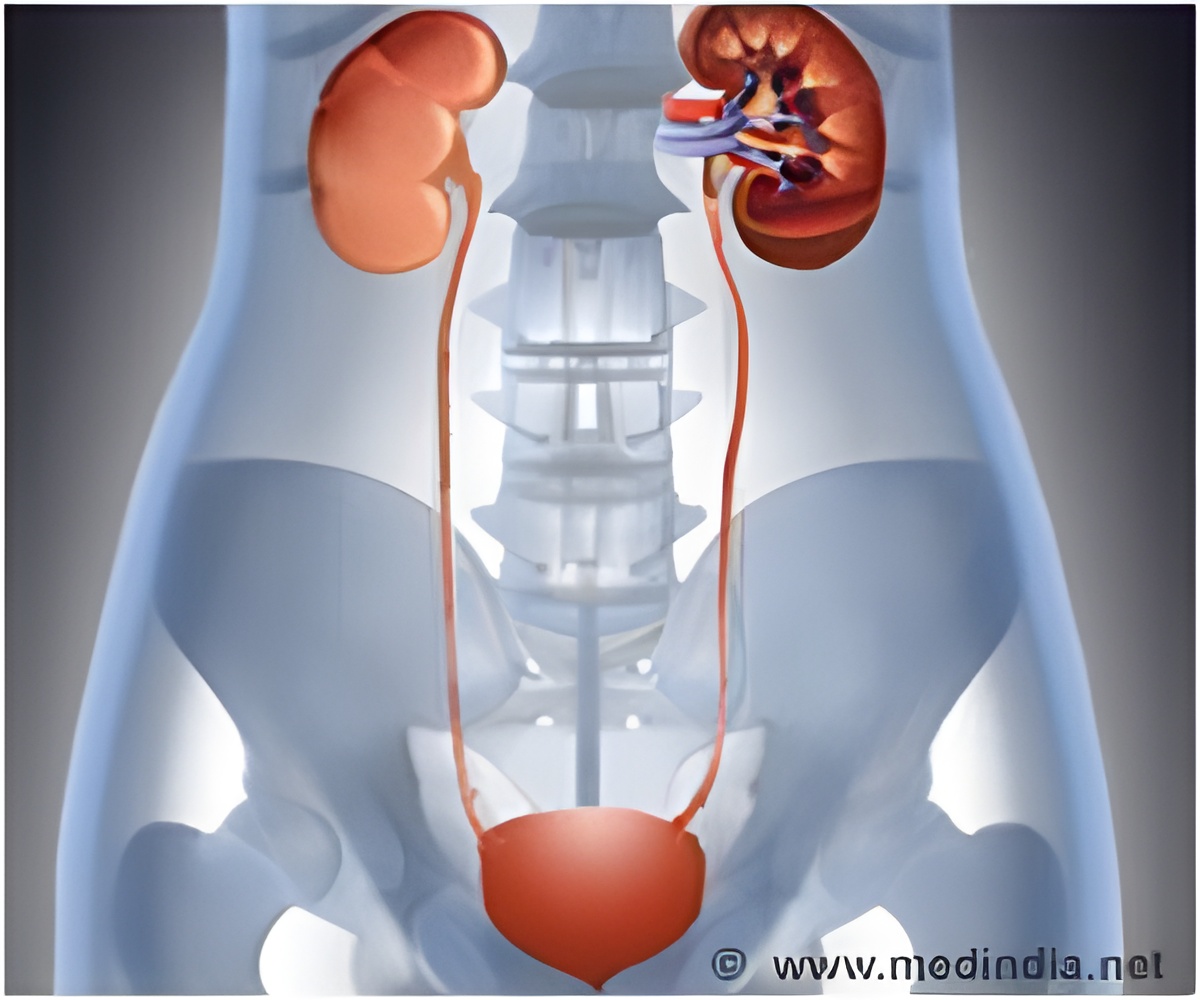
Nor''azim Mohd Yunos, M.D., of Monash University Sunway Campus, Malaysia, and colleagues conducted a study to examine whether a chloride-restrictive intravenous fluid strategy for critically ill patients might be associated with a decreased incidence and severity of AKI compared with a chloride-liberal intravenous strategy. The study included 760 patients admitted to an intensive care unit (ICU) during the control period (February 18 to August 17, 2008) compared with 773 patients admitted during the intervention period (February 18 to August 17, 2009) at a university-affiliated hospital in Melbourne, Australia. During the control period, patients received standard intravenous fluids. After a 6-month phase-out period (August 18, 2008 to February 17, 2009), any use of chloride-rich intravenous fluids (0.9 percent saline, 4 percent succinylated gelatin solution, or 4 percent albumin solution) was restricted to attending specialist approval only during the intervention period; patients instead received a lactated solution (Hartmann solution), a balanced solution (Plasma-Lyte 148), and chloride-poor 20 percent albumin.
The primary outcomes included increase from baseline to peak creatinine level in the ICU and incidence of AKI according to the risk, injury, failure, loss, end-stage (RIFLE) classification. Secondary analysis outcomes included the need for renal replacement therapy, length of stay in ICU and hospital, and survival.
During the intervention period, chloride administration decreased from 694 to 496 mmol/patient. The chloride-restrictive strategy was associated with a significantly lower increase in serum creatinine level during ICU stay and a decrease in the incidence of injury and failure class of RIFLE-defined AKI. "It was further associated with a decrease in RRT use for 78 patients (10 percent) during the control period vs. 49 patients (6.3 percent) during the intervention period," the authors write.
After adjusting for various factors, including sex, diagnosis, operative status, baseline serum creatinine level, and admission type (elective or emergency), the overall incidence of injury and failure class of RIFLE-defined AKI and the use of RRT remained significantly lower during the intervention period. In addition, there were no differences in long-term dialysis requirements, in-hospital mortality, hospital or ICU length of stay, or need for RRT after hospital discharge.
"The findings of this study show that a chloride-restrictive intravenous strategy is associated with a decrease in the incidence of the more severe stages of AKI and the use of RRT. These findings, together with the previously reported observations that a chloride-liberal intravenous strategy can be associated with higher cost, and the easy availability of cheap alternatives suggest the need to exert prudence in the administration of fluids with supraphysiological concentrations of chloride, especially in critically ill patients with evidence of early acute renal dysfunction or at risk of acute dysfunction," the researchers write. "Our findings need to be confirmed in different health care systems and different ICUs."
Advertisement















